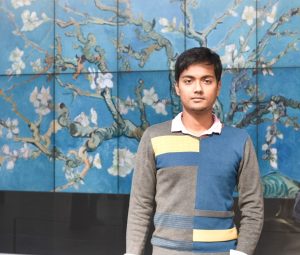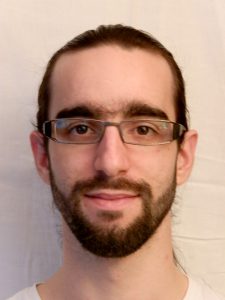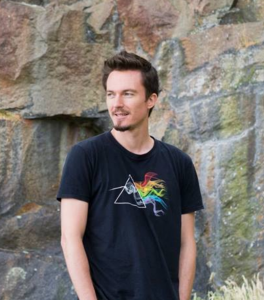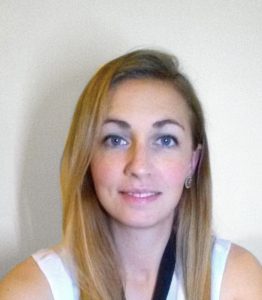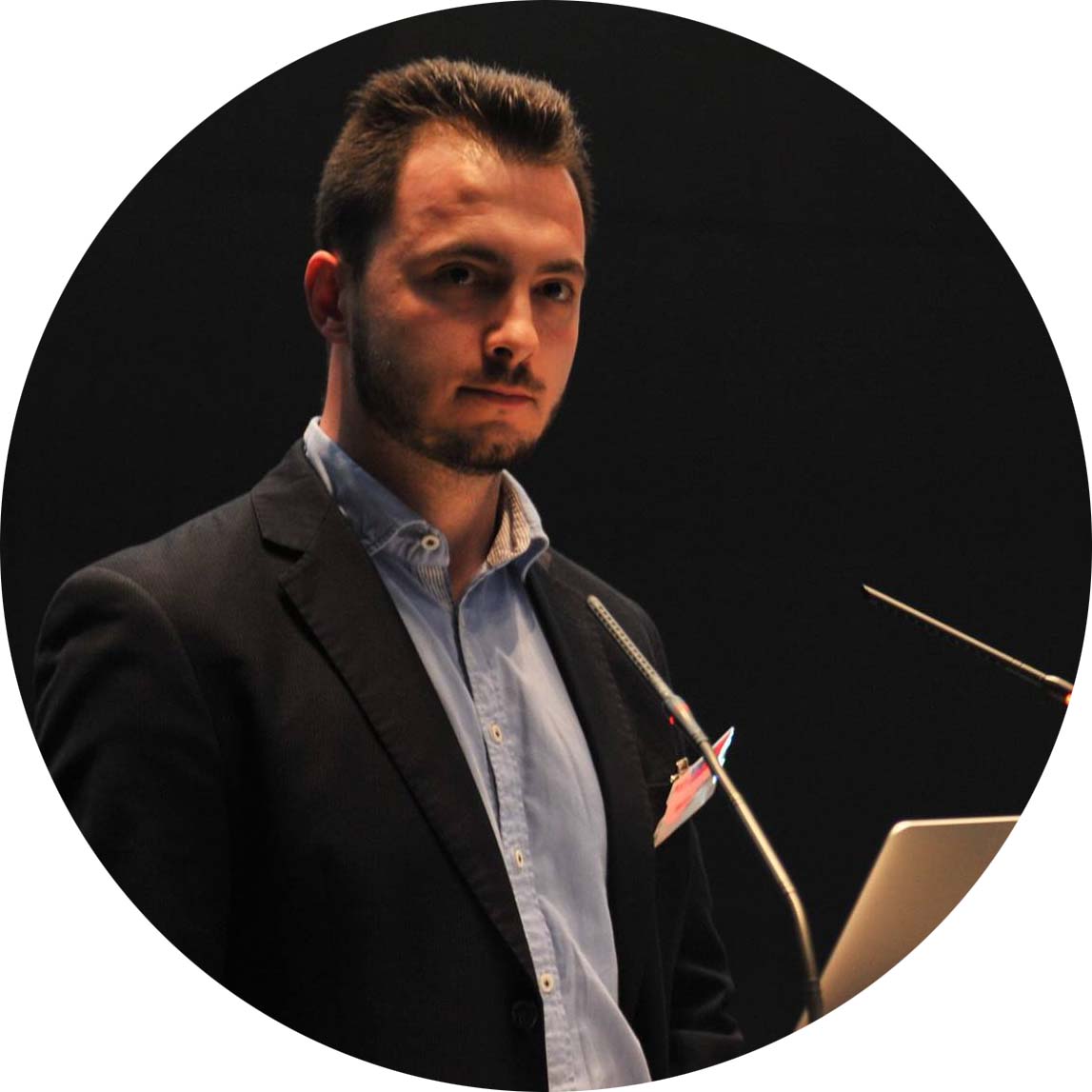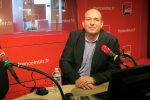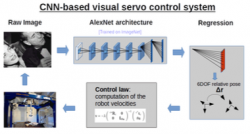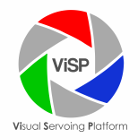Agniva Sengupta
Phd student, INRIA
Email : agniva.sengupta@inria.fr
Address :
IRISA, INRIA Rennes – Bretagne Atlantique
Campus Universitaire de Beaulieu
35042 Rennes, France
Assistant : 02 99 84 22 52 (Hélène de La Ruée)
Short bio
I am a PhD student (2017-2020) under the supervision of Dr. Eric Marchand and Dr. Alexandre Krupa. My thesis is on deformable surface modelling and tracking using depth cameras. Key research areas: computer vision, non-linear optimization, differential geometry. The thesis is being done partly in collaboration with SINTEF, Trondheim.
Before starting my PhD, I was working at a startup (Whodat) in Bangalore (India) as a computer vision engineer. I completed my masters (M.Tech) in 2012 (in Mechatronics) from IIESTS, India.



